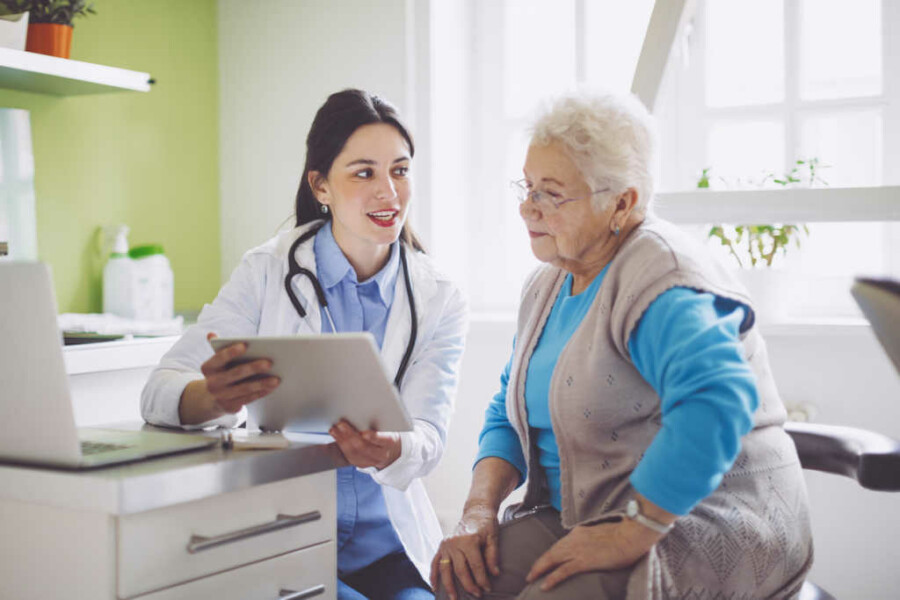The Dangers of Downplaying Varicose Veins

Don’t just cover up your varicose and spider veins — you could be putting your health, and even your life, at risk.
Whether you developed varicose veins recently or years ago, you may feel tempted to simply cover them up and put them out of your mind. You wouldn’t be alone — a recent study of Canadian women shows that many people routinely fail to seek medical treatment for chronic venous disease.
This is largely due to popular misinformation about the condition, which is believed to be a natural part of aging or a cosmetic issue rather than a health risk. However, varicose veins can be associated with dangerous complications — and failing to talk to your doctor about them can place you at greater risk.
How The Study Revealed Vein Health Misconceptions
The October 2018 online survey by Leger revealed a widespread lack of understanding about the dangers of varicose and spider veins. About a fifth of Canadian adults have varicose veins, and more than half of those varicose vein sufferers are women. However, the survey results suggested about two-thirds of Canadian women between ages 35 and 60 aren’t aware of how vein health relates to other conditions.
About half of the women polled falsely believed that varicose veins were a part of the natural aging process, and only one-third thought the veins were related to a chronic medical condition. About 75% of those polled had at least one symptom of the condition, but most were not sure their symptoms warranted a doctor’s visit. About 41% of women suggested that pain would get them to talk to a professional. Unfortunately, waiting until this critical point could put many of these patients at risk.
Understanding the Dangers of Varicose Veins
Varicose veins are caused by venous insufficiency, which affects more than 25 million people in the U.S. alone. As the vein walls and valves become inflamed, blood pools in the limbs instead of returning quickly to the heart. As a result, varicose veins can form. These appear as swollen, distended or bulging protrusions, typically in the legs.
While most doctors don’t consider varicose veins alone a cause for alarm, it’s important to note that they are associated with higher risks for other conditions. In up to 70% of cases, varicose veins cause symptoms such as heaviness, itching and pain.
In some more severe cases, patients can experience painful swelling in the legs, which can cause the skin to leak or even harden. This can cause the skin to become dark and discolored from hyperpigmentation, and it can even lead to dangerous conditions like cellulitis.
As the health of the area becomes compromised, additional complications are more likely. Patients may be more susceptible to spontaneous bleeding from just light pressure to the area. Fluid build-up in the veins also leads to venous leg ulcers, which are painful, open sores that typically take around three months to heal. With these, patients often experience swelling, itching, unpleasant discharge and increased infection risk.
Varicose veins can even lead to fatalities. The Journal of the American Medical Association recently published a survey of 450,000 patients, showing that deep vein thrombosis occurred significantly more often in patients with varicose veins. DVT is a condition in which blood clots in deep veins dislodge and travel to the lungs, often causing a pulmonary embolism. This condition kills 100,000 Americans a year. Although potentially serious, DVT can easily go undetected if there are no noticeable symptoms. This underlines the importance of proactively consulting with a doctor about potential risk factors.
Protect Yourself from Varicose Veins
The bottom line is that varicose and spider veins are not merely a cosmetic issue, but a health condition that calls for a doctor’s consultation. Don’t wait until you develop pain, a dangerous infection, or a blood clot — it’s much safer to treat the condition early on. Talk to the medical professionals at the Center for Vein Restoration for more information about our state-of-the-art procedure options for restoring your vein health.